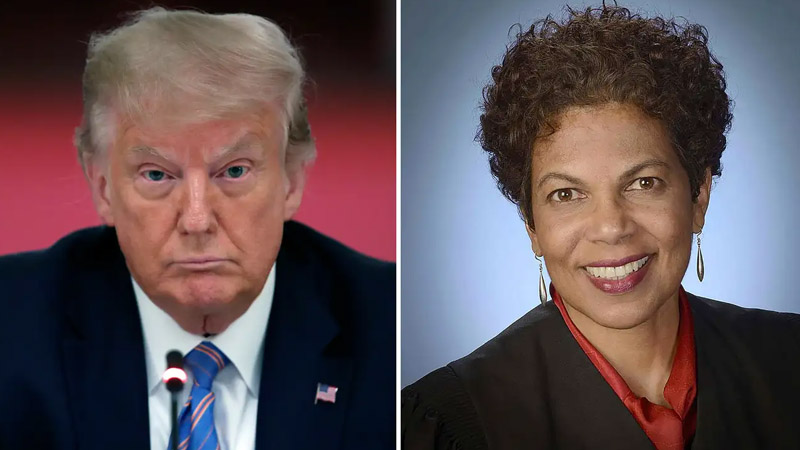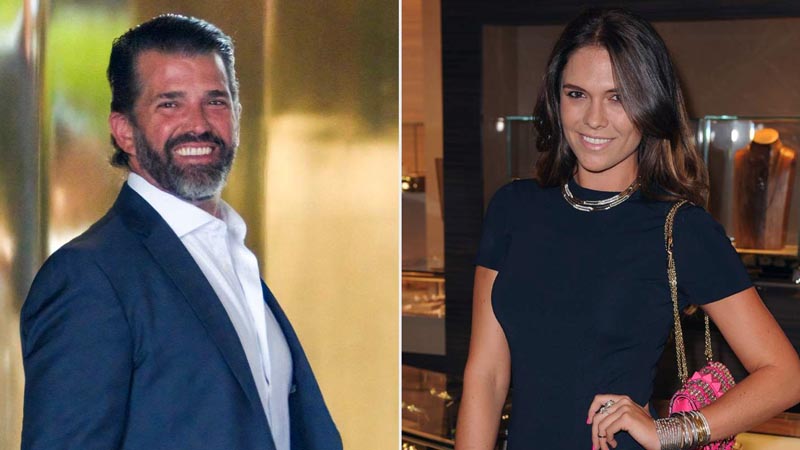Judge chastises Trump for his “fishing expedition,” which was intended to “tarnish” the case

Photo: Associated Press (AP)
In the ongoing election interference trial of former President Donald Trump, U.S. District Judge Tanya Chutkan recently rejected Trump’s attempt to subpoena records from the House of Representatives’ January 6 committee. Judge Chutkan, who is presiding over the trial set to begin on March 4, described Trump’s request as a “fishing expedition,” noting its broad scope and vague justification.
Trump’s legal team had sought to subpoena various individuals and entities, including a U.S. archivist, the clerk of the House of Representatives, members of the House Administration Committee, and Representatives Barry Loudermilk (R-GA) and Bennie Thompson (D-MS). They claimed a significant overlap between the committee’s investigation and Trump’s case, suggesting these materials might reveal crucial information about trial witnesses.
Lisa Rubin, a former litigator and commentator for MSNBC, analyzed Judge Chutkan’s decision to deny these subpoenas. She pointed out that Trump already possessed all relevant witness transcripts from the committee’s investigation. Rubin argued that Trump’s requests for additional categories of information were so poorly substantiated that they seemed more like a speculative search than a legitimate effort to obtain admissible evidence.
Among the unfounded theories Trump used to justify his requests was the suspicion that former Vice President Mike Pence may have lied to federal investigators about events leading up to and on January 6. Trump also referenced a Washington Post article to implicate Attorney General Merrick Garland and Deputy Attorney General Lisa Monaco in a January 6 seditious conspiracy investigation related to Oath Keepers founder Stewart Rhodes. Additionally, Trump sought information on the SolarWinds “SUNBURST” cyber attack, citing beliefs about its impact on the 2020 election outcome.
She writes: “There are numerous other examples of Trump’s illogic and speculation as drivers of his search for something — anything — to tarnish government witnesses’ credibility and to support his meritless claim that the case against him is itself election interference.”
Rubin speculated that Trump’s efforts might be a strategic distraction, aimed at undermining the credibility of government witnesses and supporting his baseless claim that the case against him constitutes election interference. She highlighted various examples of Trump’s illogical and speculative approaches in his quest for evidence.


